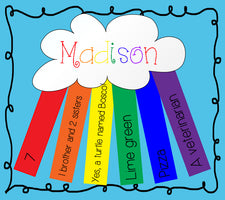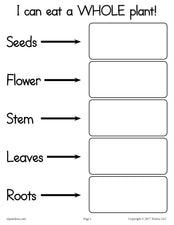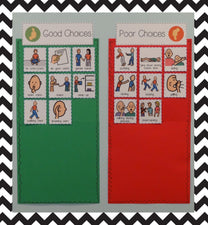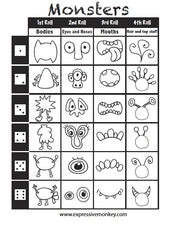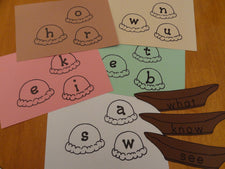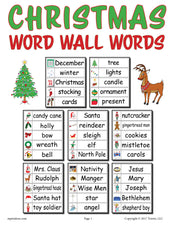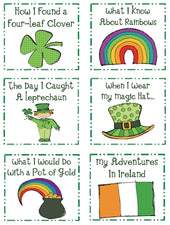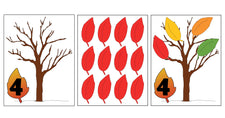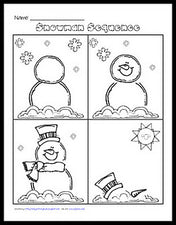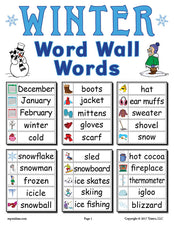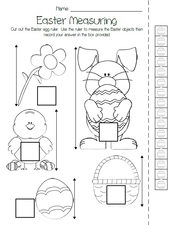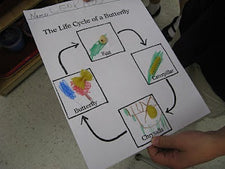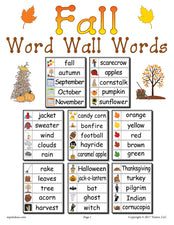Teach Math Skills Using Dice!
By Kayla • April 3, 2018

Using dice to teach math skills is a great way to keep your kiddos engaged! There are SO many options out there with just dice alone - traditional 6-sided dice, place value dice, double dice, fractions dice, shape dice and the list goes on. With so many to choose from, the number of games and activities you could come up with to review important math skills with dice is seemingly endless! Check out a few game ideas featured by Stephanie at Boy Mama Teacher Mama for reviewing math with traditional 6-sided dice.
Number Recognition
Draw a game board by listing the numbers 1-6 several times across the board (in random order). Players take turns by rolling 1 die and then finding and highlighting the corresponding number on the game board.

Play continues until all of the numbers have been highlighted.

You could also vary this idea by creating a game board showing the die face and having students roll a die with actual numbers on it.

Addition
Create the gameboard by writing the numbers 2-12 several times. Students take turns rolling two dice. They add the rolled dice together and find and highlight the corresponding solution on the gameboard. Play continues until the entire gameboard is highlighted.

Subtraction
Teaching subtraction works virtually the same way as the addition game mentioned above. The only difference is students will need to subtract the smaller number rolled from the larger number to get the solution (the gameboard will also only consist of the numbers 0-5).

For advanced students, have them practice subtracting with negative numbers. Students will still roll two dice, but they will subtract the larger number rolled from the smaller number rolled. Perfect for keeping your students who are a little ahead of the game interested!
Disclaimer: The content on this page is for informational purposes only and reflects my personal experience and opinions. I’m not a financial advisor, and this is not financial advice. Please do your own research and consult with a qualified professional before making financial decisions. Some of the links on this page are affiliate or referral links, which means I may earn a commission or bonus if you use them. There’s no extra cost to you—and it’s a great way to support the site if you find the content helpful.

